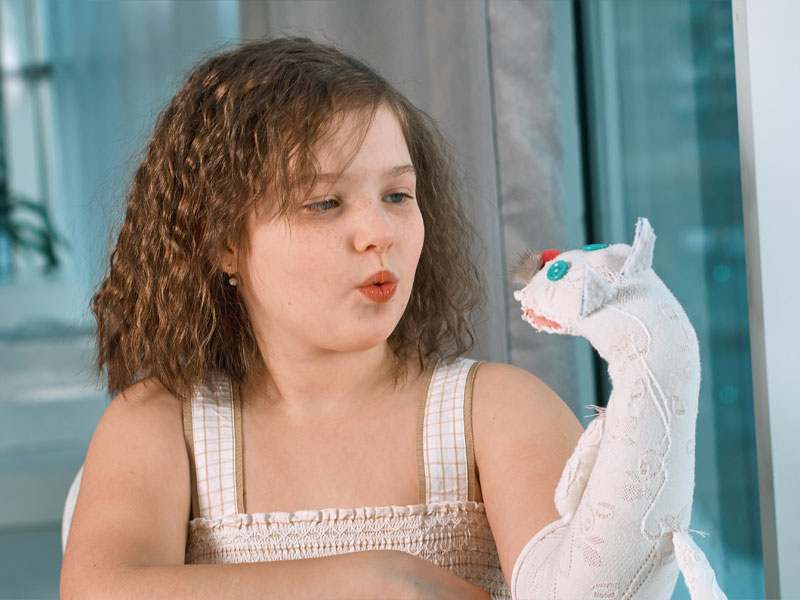
We work with children and young people of all ages, providing tailored one-to-one and group therapies.
Whether they are facing illness, loss, abuse, neglect, family breakdown, domestic violence, bullying, or a single traumatic event, we understand that childhood adversity and difficult life experiences can significantly impact the emotional and mental health challenges young people face.
Our service is grounded in a trauma-informed approach, supporting children and young people with the time, care, and resources they need to move forward and lead healthier, happier, and more fulfilling lives.
Child-Led: We empower children and young people to take the lead in their therapy.
Creative: We use creative approaches to provide a safe and nurturing environment where children and young people can express themselves authentically, without relying on words. Through art, play, drama, dance and music therapies, we create a space that gently encourages creativity and self-expression.
Bespoke: Every journey is unique. We take the time to build trust and tailor our approach to meet each individual’s needs. Most young people are supported for 6–18 months, until they have safely explored their emotions, and feel ready to move forward with confidence and healthy coping strategies.
To make a referral please visit our Referral Page.
We’d love to hear from you: info@kidsaid.org.uk.